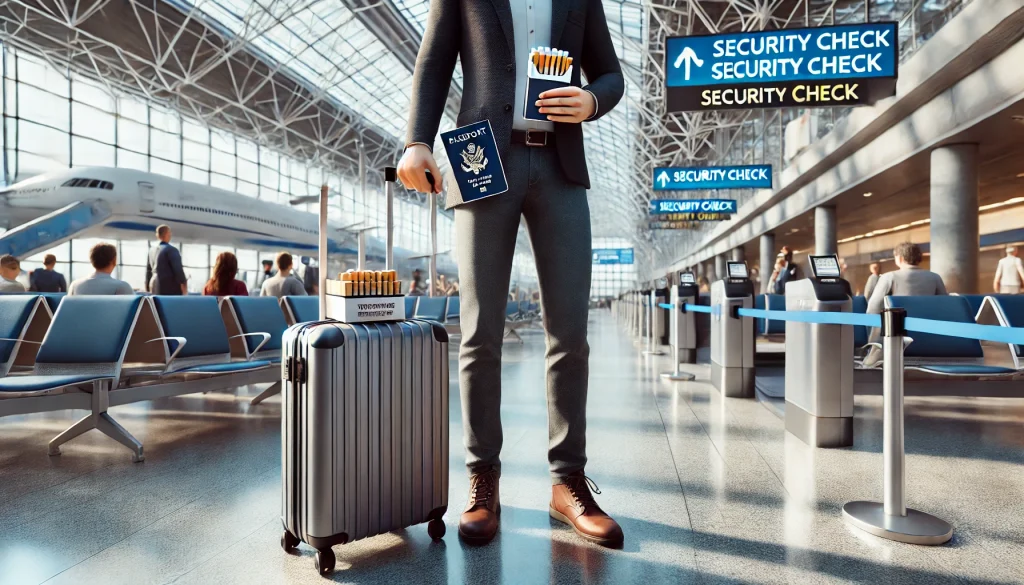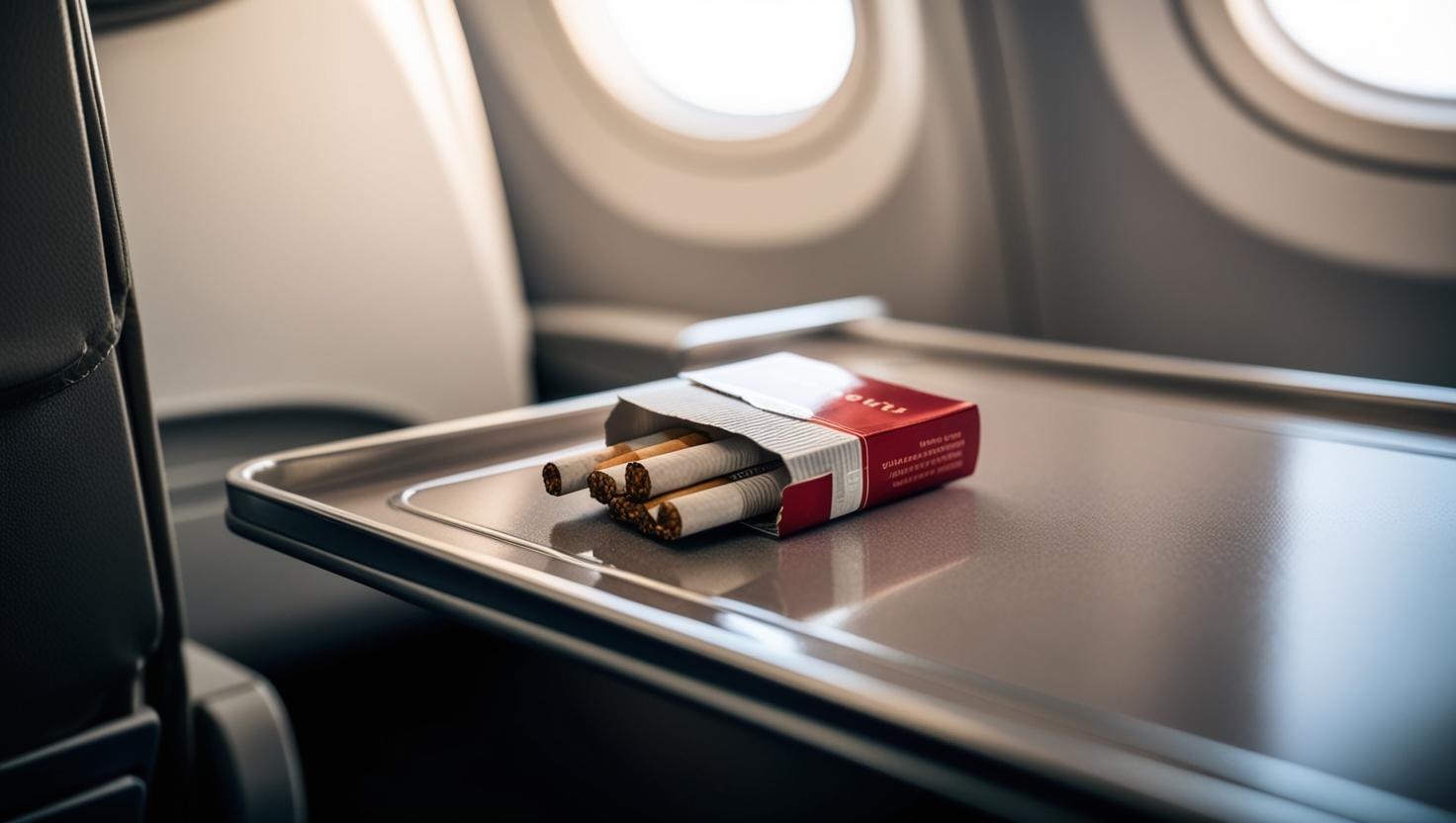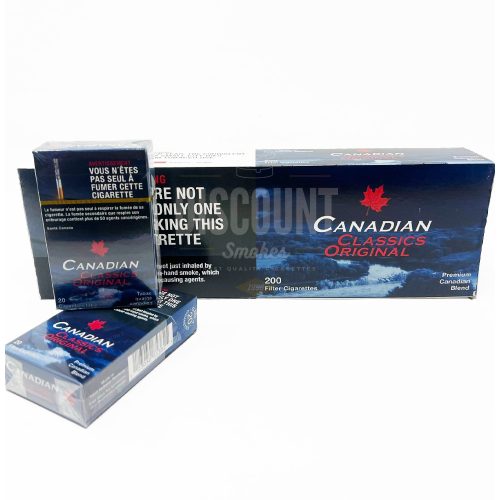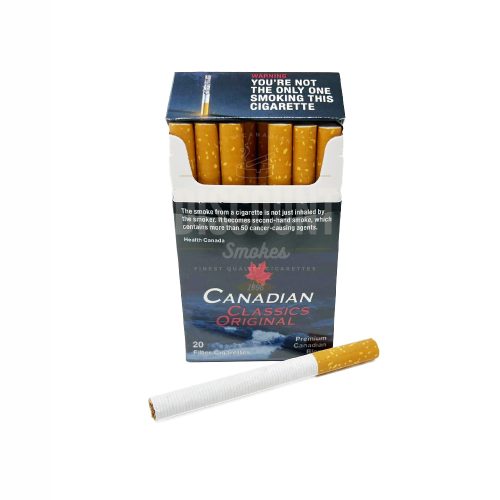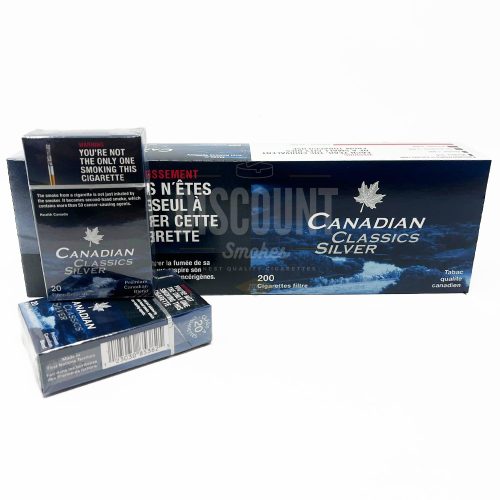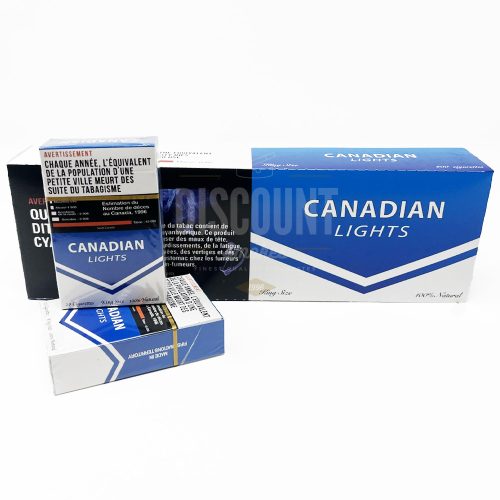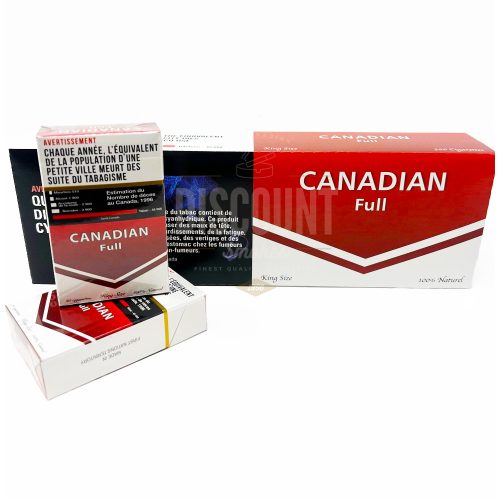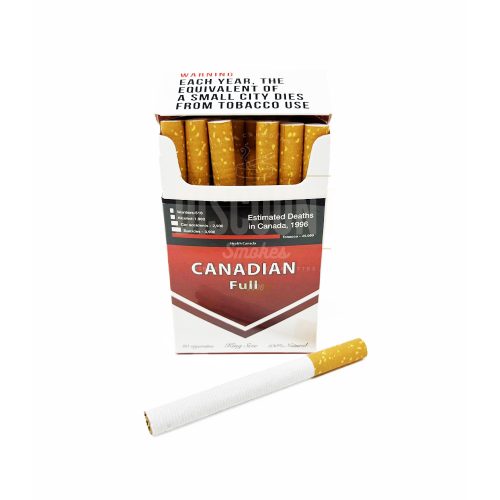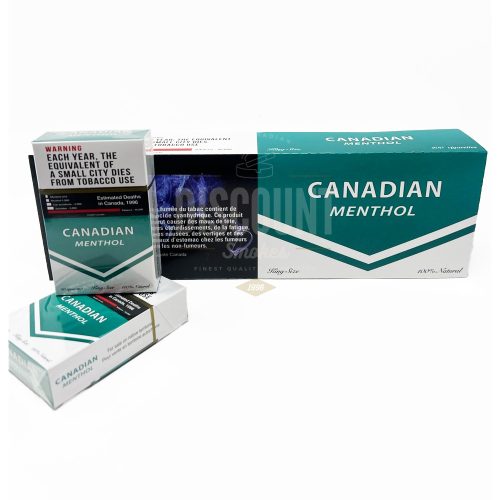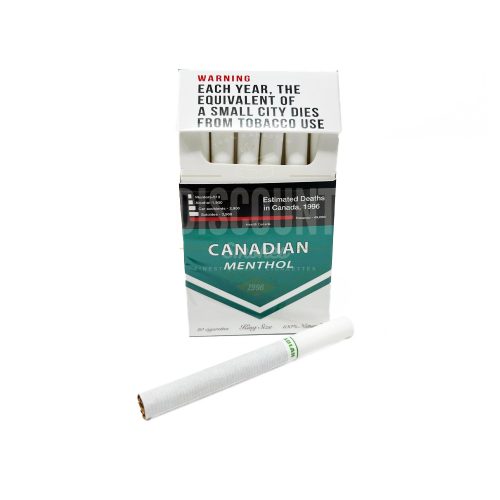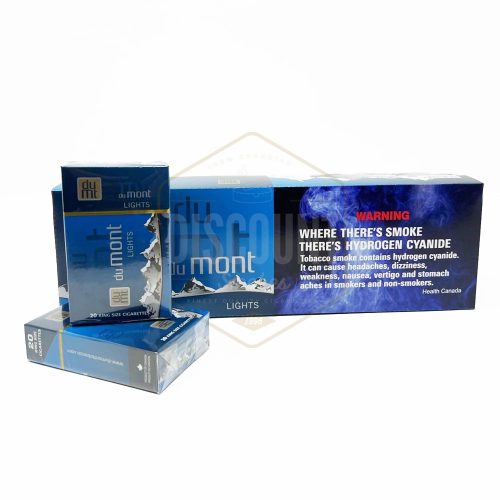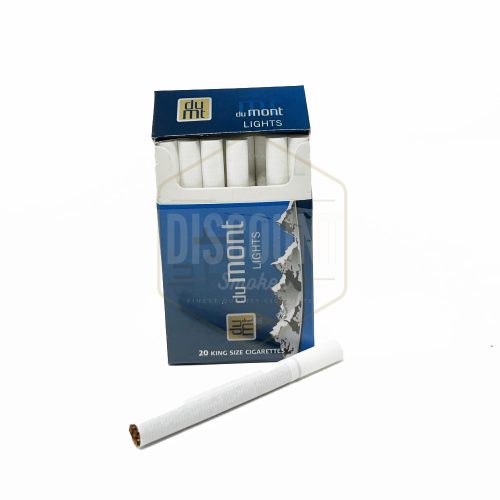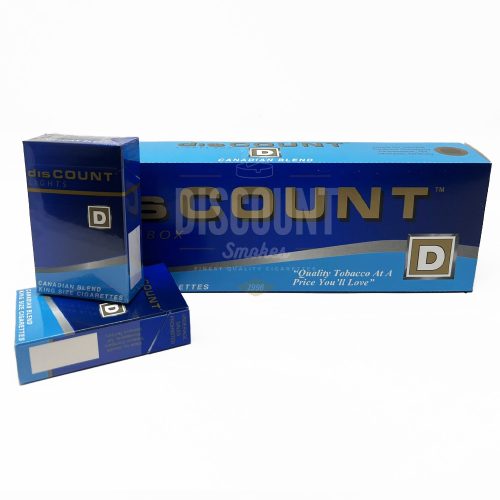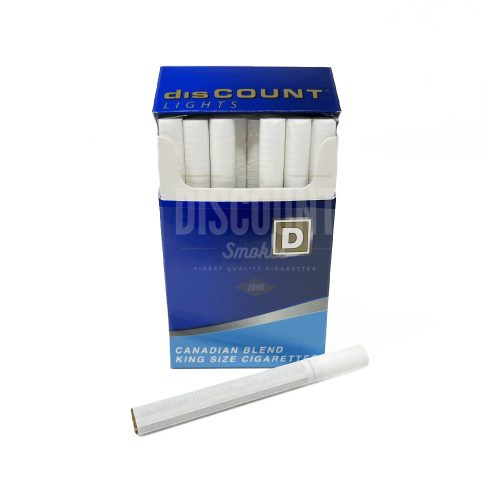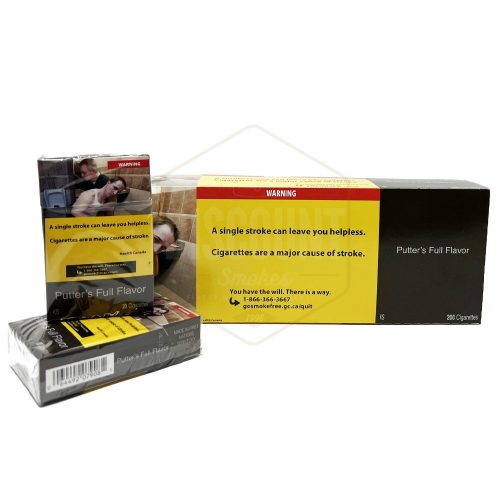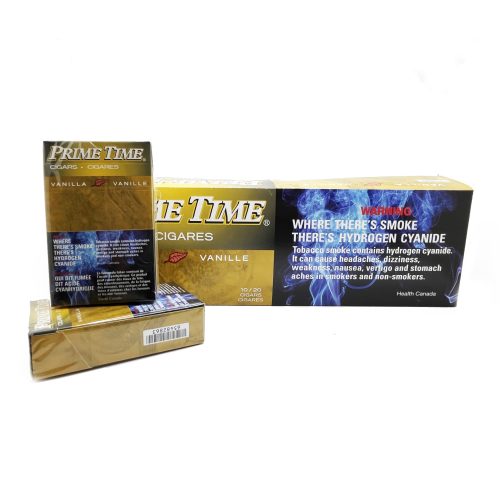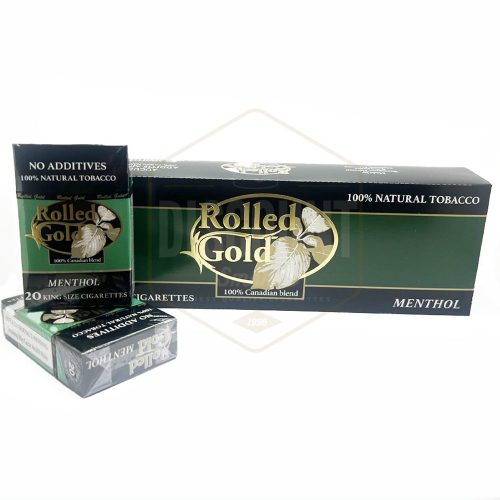Guides
Can You Bring Cigarettes on a Plane? Essential Guidelines for Travelers
Traveling can be both exhilarating and stressful, especially when it comes to determining what you can and cannot bring onto an aircraft. For smokers, a recurring question is: Can you bring cigarettes on a plane? Whether you’re going on a work trip or a holiday, you must know the guidelines.
Discount Smokes understands the needs of smokers and provides a wide range of legal smoking and tobacco products to make your travel more comfortable. This article will walk you through the essential criteria for traveling with smokes, assuring a hassle-free vacation.
Are Cigarettes Allowed on Planes?
Yes, you may bring smoke on an aircraft. However, the restrictions differ based on the airline, location, and whether you are going locally or overseas. Most airlines allow cigarettes in carry-on or checked luggage; however, some restrictions may apply.
1. Carry-On Luggage Rules
Cigarettes can be transported in your carry-on luggage without difficulty. However, if you transport a significant quantity, customs regulations at your destination may impose restrictions. Always examine the specific rules of the airline and destination country.
2. Checked Luggage Rules
Cigarettes can also be packed in checked luggage. This is a handy choice if you’re transporting multiple packs or cartons. Make sure the packaging is secure to prevent damage during transportation.
3. International Restrictions
When traveling internationally, customs regulations differ in each country. Many nations allow tourists to bring a specified number of cigarettes duty-free, which is typically limited to 200 cigarettes (one carton) or the equivalent of other tobacco goods.
Here are some key points to consider:
- Carry-On Limits: Check with your airline regarding the number of cigarettes allowed in your cabin baggage.
- Destination Rules: Some countries have strict regulations on tobacco imports; verify local laws before you travel.
- Designated Areas: Smoking is typically prohibited on the plane; use designated smoking areas at airports if available.
Security Inspections and TSA Guidelines
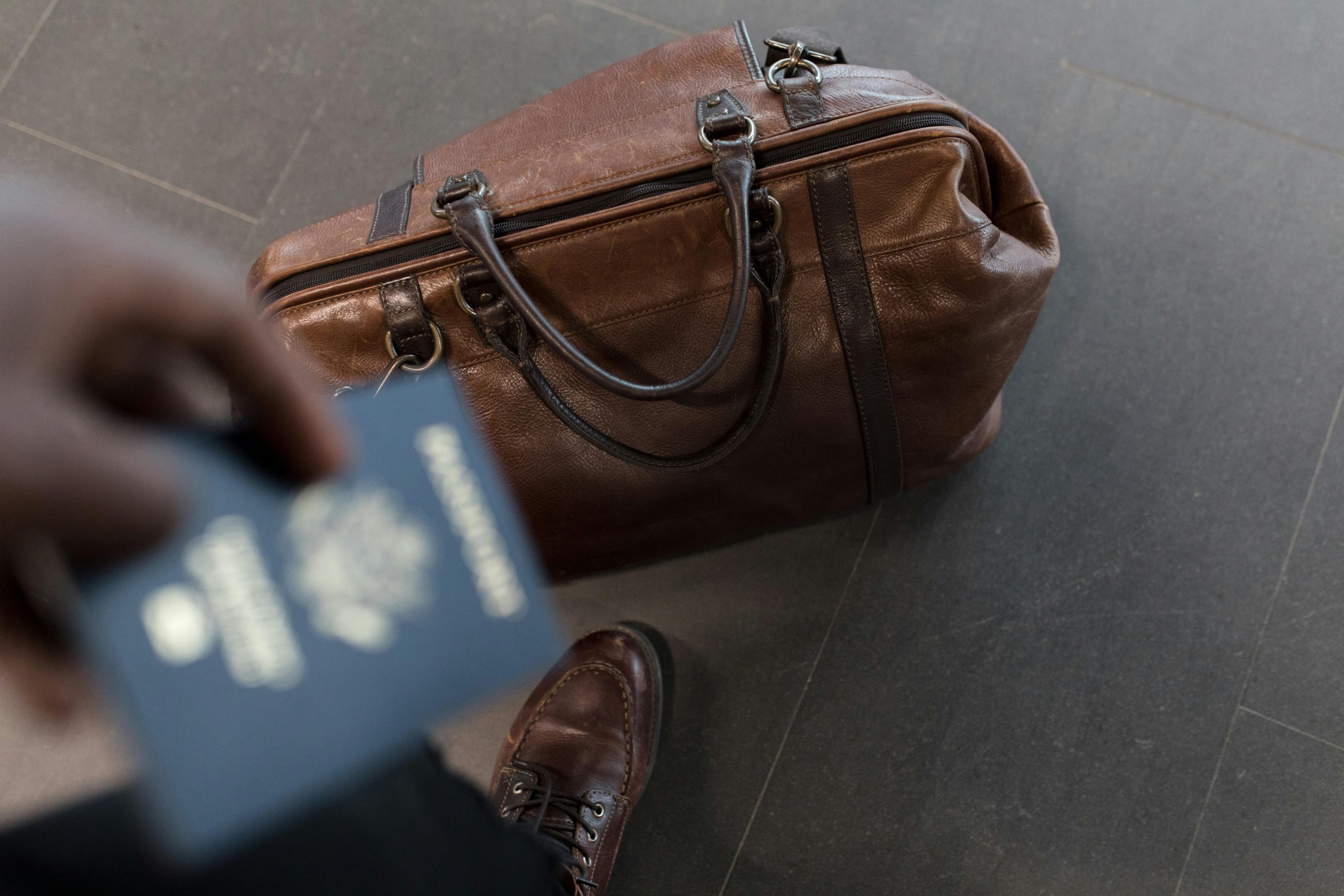
The Transportation Security Administration (TSA) allows cigarettes in both carry-on and checked luggage. Additional requirements may apply to lighters and matches.
1. Cigarettes in Carry-On Bags
Many passengers choose to store their cigarettes in carry-on luggage. This strategy provides simple access throughout your journey, especially during layovers. Be sure to follow TSA requirements and airline policies regarding the number of cigarette packs or cartons allowed.
Remember to keep electronic cigarettes and vaping gadgets in your carry-on. These products are restricted in checked luggage owing to lithium battery limitations.
2. Tobacco Products in Checked Bags
Cigarettes can be included in checked luggage, but they are not the most common choice due to the risk of loss or damage. Be mindful of the customs regulations in your destination. Many nations have tight restrictions on importing tobacco products, which might result in seizure or fines if you exceed the permitted quantity. Before going, always verify local rules to avoid any unforeseen baggage concerns.
3. Lighters and Matches
- Disposable lighters are permitted in carry-on luggage but must exceed TSA safety requirements.
- Matches, including safety matches, are allowed in carry-on bags but not in checked luggage.
- Torch lighters and lighters with fuel reservoirs are not permitted aboard airplanes, regardless of where they are stored.
Customs Regulations: Key Points to Note
When traveling internationally, customs restrictions dictate how many cigarettes you can bring. These regulations vary per country, although they frequently contain duty-free allowances and restrictions.
1. Duty-Free Limits
Most countries allow travelers to bring a certain number of cigarettes duty-free. For example, the United States allows up to 200 cigarettes (one carton) or 100 cigars without incurring customs charges.
2. Declaring Cigarettes
If you exceed the duty-free limit, you must disclose the excess amount to customs upon arrival. Failure to declare additional cigarettes may result in fines or confiscation.
3. Restricted and Prohibited Countries
Some countries impose harsher rules or outright prohibit the importing of tobacco goods. Before traveling, always research the destination’s special restrictions.
Tobacco Products on International Carriers
Airlines enforce stringent regulations on cigarettes and other tobacco products when traveling internationally. There may be limitations on the number of packs or cartons allowed in your carry-on or checked baggage. Be warned that electronic cigarettes and vaping devices may face harsher regulations owing to the lithium-ion batteries they employ.
Layover Flights
If your trip plans include layovers with numerous airlines, consider the following tips for bringing cigarettes:
- Check Airline Policies: Check each airline’s smoking product policies.
- Destination Rules: Research local tobacco possession regulations.
- Plan: Allow additional time for transfers to prevent delays.
Suggestions for Seamless Layovers
- Accessibility: Store your tobacco goods in your carry-on for easy inspection.
- Electronic Cigarettes: Ensure that your lithium batteries comply with flight restrictions.
- Customs Awareness: Familiarize yourself with the tobacco rules of any transit nation since they may differ greatly.
Airline Regulations on Bringing Cigarettes Aboard
Tobacco products, such as traditional cigarettes, e-cigarettes, and vaping devices, are subject to different laws by each airline. Check your airline’s specific policy before your travel to guarantee compliance.
1. Air Canada Tobacco Regulations
You are permitted to bring smoke and a limited amount of tobacco in your carry-on luggage. While electronic cigarettes must be stored in the cabin, using or charging them during the flight is prohibited. Cigarettes may be packed in checked luggage, however e-cigarettes and gadgets powered by lithium batteries are not allowed.
2. Air France Regulations
Air France allows you to transport cigarettes in both carry-on and checked baggage. Remember to keep electronic cigarettes in your carry-on since they are not permitted on the aircraft. While there is no restriction on the amount of cigarettes permitted, it is recommended that you carry only what you require for personal use.
3. American Airlines Smoking Regulations
Cigarettes can be carried in both checked and carry-on luggage. Electronic smoking devices must be kept in your carry-on and not used or charged during the journey. It is recommended that you investigate any tobacco-specific laws in your trip location.
4. Delta Airlines Regulations
Cigarettes can be brought in both carry-on and checked baggage. However, electronic cigarettes and vaping gadgets are only allowed in carry-on bags. Remember, there is a strict no-smoking rule on flights, including electronic smoking devices.
5. Emirates Airlines Policies
Cigarettes can be brought in both carry-on and checked baggage. Electronic cigarettes must remain in your carry-on. Using or charging these gadgets is prohibited throughout the flight. Verify the tobacco amount limitations set by the nation you are traveling to.
6. Frontier Airlines Guidelines
Cigarettes can be included in either carry-on or checked baggage. The lithium-ion batteries in electronic cigarettes and vaping devices must be kept in the cabin, and their use during the flight is forbidden.
7. Hawaiian Airlines Guidelines
Cigarettes can be included in either carry-on or checked luggage. Electronic cigarettes and vaping devices should be kept in your carry-on only, as they are not permitted on board.
8. JetBlue Airlines Smoking Regulations
Cigarettes may be carried in both carry-on and checked luggage. Remember that electronic cigarettes and vaping gadgets are only allowed in the cabin. It is illegal to use any smoking devices on the aircraft.
9. Lufthansa Airlines Regulations
Cigarettes can be brought in both carry-on and checked baggage. Electronic cigarettes must be kept in your carry-on, and their use during the flight is forbidden.
10. Qatar Airways Regulations
Cigarettes can be brought in both carry-on and checked baggage. However, electronic cigarettes are only permitted in carry-on bags. Remember that using an electronic smoking gadget onboard is not permitted.
11. Ryanair Regulations
Cigarettes can be brought in both carry-on and checked luggage. However, electronic cigarettes and vaping equipment must be kept in personal carry-on baggage and are not permitted to be used during the flight.
12. Southwest Airlines Guidelines
Cigarettes can be brought in both carry-on and checked luggage. Electronic cigarettes and vaping equipment should only be brought in carry-on baggage, as used during the flight is not permitted.
13. Spirit Airlines Guidelines
Cigarettes can be brought in both carry-on and checked luggage. Electronic cigarettes and vaping equipment must be kept in your carry-on and not used or charged during the journey.
14. Turkish Airlines Regulations
Cigarettes are allowed in both carry-on and checked luggage. Electronic cigarettes should only be stored in your carry-on. Their use is prohibited aboard the airplane.
15. United Airlines Regulations
Cigarettes are authorized in both carry-on and checked baggage. Electronic cigarettes and vaping equipment must be kept in your carry-on, as they are prohibited throughout the flight.

Categories of Cigarettes for Air Travel
When flying, it’s important to understand how airlines and security handle different cigarette varieties. This understanding promotes regulatory compliance and helps to avoid travel interruptions.
1. Traditional Cigarettes
Traditional cigarettes are a popular choice for travelers. Most airlines allow for a reasonable amount of personal use in both carry-on and checked baggage. Check your destination’s tobacco legislation to avoid issues upon arrival.
2. Vaping Devices and E-Cigarettes
When traveling, make sure to pack your vaping devices and e-cigarettes in carry-on luggage. These items contain lithium-ion batteries, which might cause a fire in checked bags. Remember that while you can bring them on the plane, using them during the flight is not permitted.
3. Specialty Tobacco Products
You can pack cigarillos, cigars, and loose tobacco for roll-your-own cigarettes in your luggage. To comply with flight regulations and local legislation, limit the amount you carry to personal use. Before you travel, familiarize yourself with the relevant rules.
4. Fire-Starting Tools
When traveling, you must understand the restrictions of lighters and matches. You may bring one book of safety matches or a normal lighter in your carry-on. Torch lighters and any lighter containing unabsorbed liquid fuel are not permitted in carry-on or checked bags.
5. E-Cigarette Battery Safety
E-cigarette lithium batteries must be handled with care. Keep them safe from damage and prevent inadvertent activation. Remove batteries and place electronics in a clear plastic bag to assist with security checks while traveling.
Getting Ready for Inspection
To easily clear airport security, keep your cigarettes and tobacco goods in your carry-on. This allows TSA agents to collect them readily during examinations. Maintaining transparency and planning can assist in alleviating tension and prevent unnecessary delays.
Understanding the restrictions surrounding cigarette varieties and following TSA guidelines is critical. This knowledge guarantees that you remain compliant, resulting in an easier airport experience when traveling with tobacco products.
Secure Packaging for Regular Cigarettes
A durable hard-pack packaging effectively protects normal cigarettes from crushing. When carrying loose smokes or an open pack, utilize a hard-shell case. This guarantees that they remain unharmed during transportation and maintain their quality.
Safeguarding Your Vaping Devices
To avoid accidentally activating your electronic cigarettes and vaping equipment, take the following precautions:
- Remove batteries whenever possible.
- Keep electronics and batteries separate in protected cases.
- To ensure safety, use a battery safety bag made for lithium-ion batteries.
Traveling Safely with Cigarettes
When transporting cigarettes while traveling, be aware of the rules in each location. Adhering to these principles will help you have a hassle-free experience using tobacco products.
1. Adherence to Airline and TSA Regulations
Ensure that your tobacco products and accessories comply with both your airline’s policy and TSA guidelines. Pay attention to the limitations of cigarette quantity, the layout of electrical gadgets, and the laws governing lighters and matches.
2. Know the Regulations of Your Destination
Investigate the tobacco legislation and customs regulations at your destination. Some countries prohibit cigarette imports. Being educated might help you avoid potential penalties or seizures at customs.
3. Considerations for Other Travelers
Be considerate to your fellow tourists. Avoid packing strong-smelling tobacco goods in your carry-on. In the cramped confines of airplane cabins, familiar fragrances can be disturbing.
Tips for Traveling with Cigarettes
To improve your vacation experience with cigarettes, remember to pack them securely and become informed of local smoking rules. Consider utilizing discrete containers to avoid attracting attention.
1. Keep a Record of Airline Policies
A digital or written copy of the airline’s tobacco restrictions is beneficial. It helps you understand your rights when carrying cigarettes or vaping devices.
2. Utilize Assigned Smoking Locations
Use the designated smoking locations when you’re on a stopover or waiting to board. Adhering to nonsmoking standards helps you avoid fines and creates a pleasant environment.
3. Proper Disposal of Cigarette Waste
When smoking in airports, make sure to use the proper disposal bins for your cigarette butts. This keeps the area clean and in compliance with airport regulations.
Take Your Cigarettes on Vacation
Pack your cigarettes properly and observe travel regulations. Also, consider the comfort of individuals around you to guarantee a pleasant experience with your tobacco products.

